 |
November 10, 2017 Volume 23, Number 45 |
Research and Education |
General Interest |
Network Tools |
In the News |
Research and EducationBack to Top | |
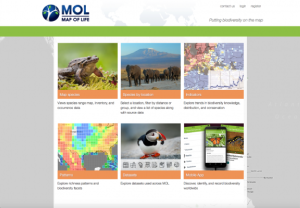 |
|
 |
|
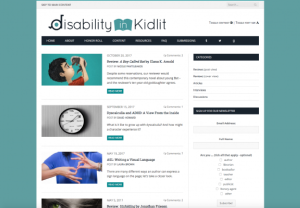 |
|
 |
|
 |
|
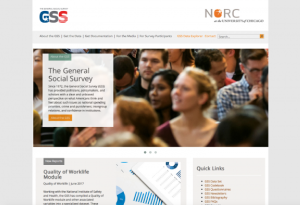 |
|
 |
|
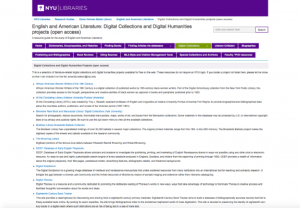 |
|
General InterestBack to Top | |
 |
|
 |
|
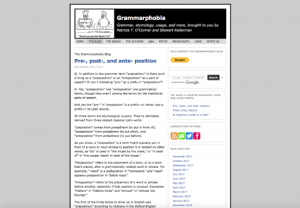 |
|
 |
|
 |
|
 |
|
 |
|
 |
|
Network ToolsBack to Top | |
 |
|
 |
|
In the NewsBack to Top | |
New Study Investigates the Impact of Sleep Deprivation on Brain Cell Activity | |
|
Spacing out after staying out late? Here's why. Sleepless Nights Leave Some Brain Cells As Sluggish As You Feel Sleep Deprivation Disrupts Brain Activity As Much as Alcohol By Causing Mental Glitches and Lapses Selective neural lapses precede human cognitive lapses following sleep deprivation Jeff Iliff: One More Reason to Get a Good Night's Sleep The Secrets of Sleep A new study by an international team of researchers, published on November 6, 2017 in Nature Medicine, has confirmed something many of us may have suspected after a restless night: sleep deprivation makes it harder for our brain cells to communicate with one another. The study, headed by neurologist Itzhak Fried of UCLA's David Geffen School of Medicine and Tel Aviv University, examined brain cell activity of 12 individuals who were at UCLA to receive surgery for epilepsy. To prepare for the surgery, doctors had placed electrodes in the patients' brains in order to identify the location of seizure activity. These electrodes also allowed the research team to observe brain cell activity. In addition, the UCLA patients were kept awake in order to quicken the onset of a seizure (and thus limit their hospital stay). As a result of these unique conditions, the research team was able to study how sleep deprivation impacts brain functioning. The team asked these 12 individuals to look at and categorize a series of images and completed various tasks after staying awake all night. The result? Sleep deprivation caused the neurons in the brain's temporal lobe, which is responsible for visual information and memory, to fire slowly and more weakly. As a consequence, sleep-deprived individuals found it more difficult to process and respond to visual information. As Fried points out, this research illustrates the danger in participating in activities like driving a car while sleep deprived: "Severe fatigue exerts a similar influence on the brain to drinking too much. Yet no legal or medical standards exist for identifying overtired drivers on the road the same way we target drunk drivers." [MMB] The first three links take readers to summaries of this new research. These articles come from the UCLA Newsroom, NPR News, and Newsweek. Those interested in reading this new research study in full may do so via the fourth link. The fifth link takes readers to a 2014 TED talk by neuroscientist Jeff Iliff that involves another aspect of the relationship between sleep and the brain. Iliff explains how sleep allows our brain to eliminate wastes through cerebrospinal fluid. Finally, the last link takes readers to a recent The New Yorker article by Jerome Groopman that appeared in the magazine's October 23, 2017 issue. In this essay, Groopman discusses Meir Kryger's new book The Mystery of Sleep and Benjamin Reiss's recent book Wild Nights: How Taming Sleep Created Our Restless World and current research into the science and history of sleep. | |





